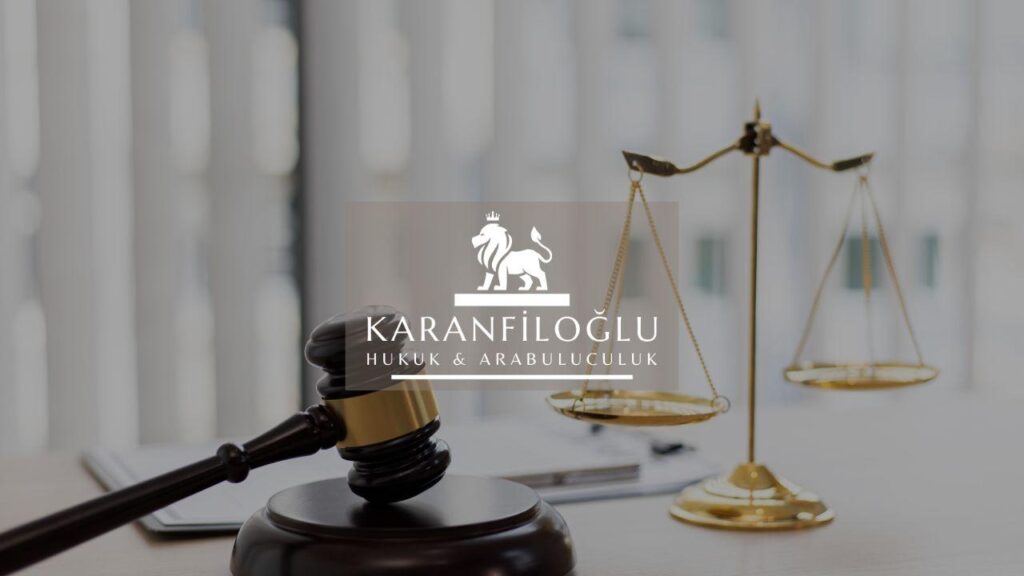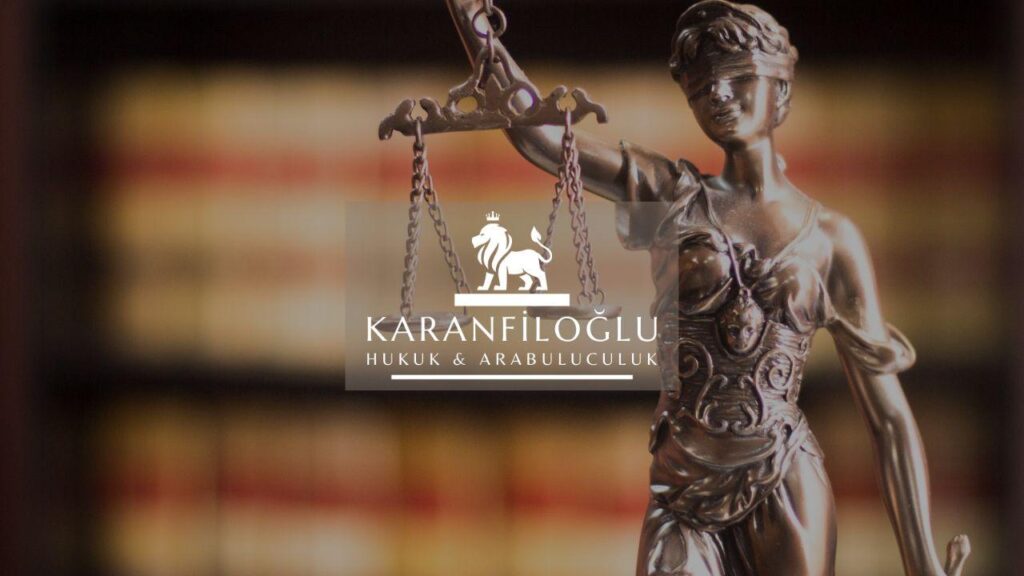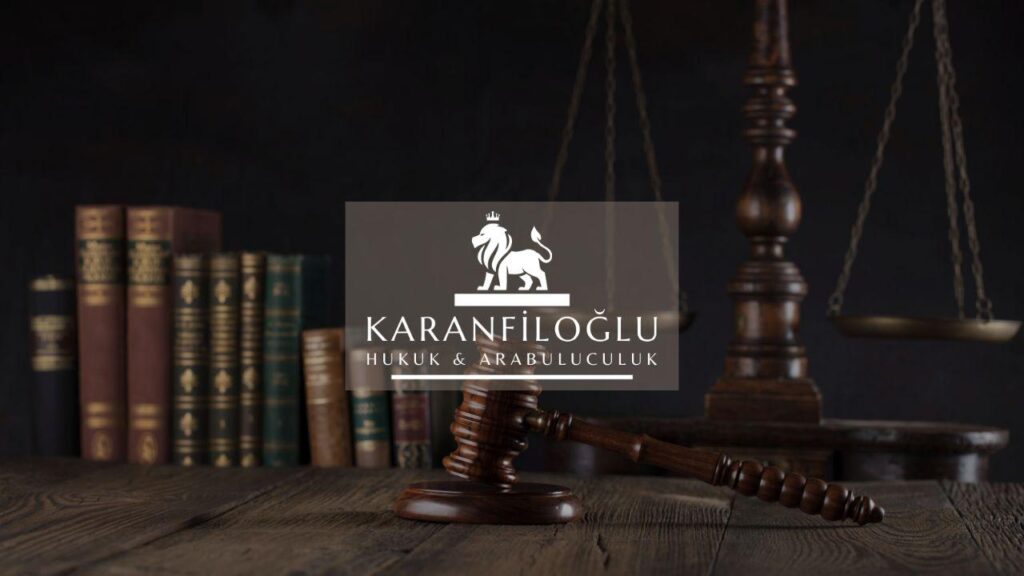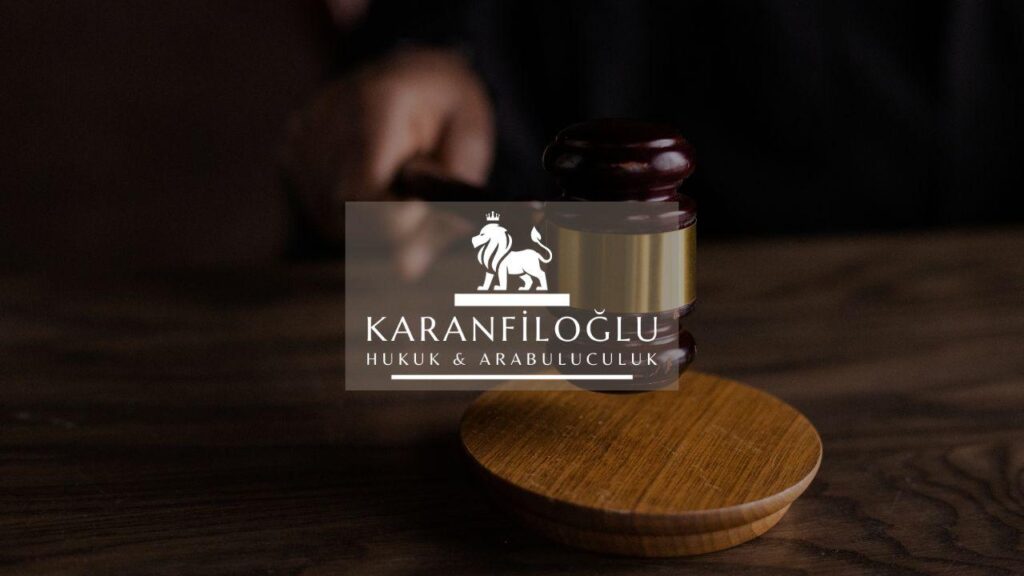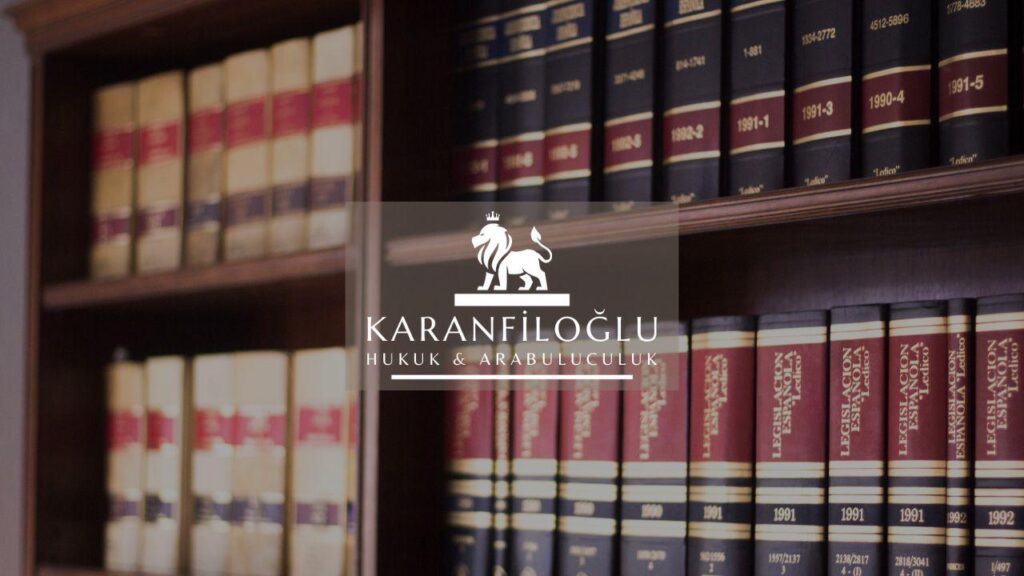Acquiring property in Turkey as a foreigner can be a rewarding venture, but it requires navigating a complex legal landscape. Understanding the intricacies of Turkish property law is crucial to ensure a seamless transaction. According to Article 35 of the Land Registry Law No. 2644, foreigners have the right to acquire property in Turkey, provided their country has reciprocal agreements with Turkey. However, there are certain restrictions that need careful attention; non-residents cannot purchase property exceeding 10% of the area’s total lands or more than 30 hectares nationwide. Additionally, properties located within military or security zones are off-limits as per Article 2565 of the Military Forbidden Zones and Security Zones Law. Engaging competent legal services can be indispensable in ensuring compliance with these regulations and facilitating due diligence processes. At Karanfiloglu Law Office, we provide specialized assistance to guide you comprehensively through every step of your property acquisition journey, safeguarding your interests efficiently.
Understanding the Legal Framework for Foreign Property Buyers in Turkey
Understanding the legal framework for foreign property buyers in Turkey is pivotal for a successful acquisition process. Under the Turkish Constitution and laws, the principle of reciprocity plays a crucial role, outlined in Article 35 of the Land Registry Law No. 2644. This principle mandates that Turkish citizens must have the right to acquire property in the foreigner’s home country for the foreigner to be eligible for purchasing property in Turkey. Additionally, limitations set by the Zoning Law No. 3194 ensure that areas designated for specific uses, such as agricultural or special purpose zones, may impose further restrictions. Foreigners must also be aware of the procedures established by the Deed Office and the requirement of obtaining necessary permissions from the Ministry of Defense if property is within or near military zones. These multifaceted legal stipulations emphasize the importance of securing competent legal advice to traverse the complex realm of property acquisition comfortably and legally.
Navigating the real estate market in Turkey also requires foreigners to pay attention to due diligence during the property purchase process. According to Article 20 of the Cadastral Law No. 3402, conducting thorough research on land title records is essential to identify any encumbrances, liens, or disputes affecting the property. This ensures that the property has a legitimate and clear title, safeguarding against potential legal issues in the future. Additionally, article 18 of the Civil Code mandates that contracts involving foreign parties must meet the formal requirements and be drafted in written form before the Registrar. Moreover, foreign buyers should be prepared to meet financial obligations such as transaction tax and other fees associated with property registration as specified under Article 167 of the Real Estate Tax Law. At Karanfiloglu Law Office, our experienced team diligently ensures these critical steps are observed, providing peace of mind and confidence in your investment.
An equally important consideration for foreigners is understanding the taxation framework associated with property acquisition in Turkey. Upon the completion of a property purchase, buyers are required to pay a title deed conveyance tax, detailed in Article 32 of the Fees Law No. 492, which is typically 4% of the declared property value, divided equally between the buyer and the seller. Moreover, annual property taxes apply as per Article 8 of the Real Estate Tax Law No. 1319, which vary based on the property’s location and designated use. Foreigners should also be aware of potential capital gains tax liabilities if they decide to sell their Turkish property in the future, with exemptions applying if the property is held for at least five years. Understanding these financial obligations is critical to ensuring a sound investment, and our knowledgeable team at Karanfiloglu Law Office is dedicated to providing comprehensive tax advisory services, helping to optimize tax efficiency and compliance throughout your property ownership in Turkey.
Navigating the Purchase Process: Key Steps for Foreign Investors
Navigating the purchase process in Turkey as a foreign investor requires careful planning and adherence to local legal requirements. Initially, prospective buyers need to apply for a Turkish Tax Identification Number (TIN), a prerequisite for opening a bank account, signing purchase agreements, and paying taxes. Following this, foreign buyers must apply to the General Directorate of Land Registry and Cadastre (Tapu ve Kadastro Genel Müdürlüğü) to initiate the property acquisition process. It is crucial to conduct a thorough due diligence check on the property, including verifying the title deed (Tapu) and ensuring there are no outstanding debts or encumbrances. A crucial step also includes obtaining military clearance, a requirement for foreign nationals to ascertain the property is not located in restricted zones, as mandated by Article 35 of the Land Registry Law No. 2644. Engaging with experienced legal professionals, such as the Karanfiloglu Law Office, ensures compliance with these steps, mitigating risks associated with property acquisition.
Once the preliminary steps are complete, the next phase involves the drafting and signing of the sales contract. This contract outlines the terms and conditions agreed upon by both parties, including payment plans, penalties for defaults, and specific clauses related to the property transaction. As per the Notary Public Law No. 1512, while notarization of the sales contract is not mandatory, it is highly advisable to have the contract notarized to ensure its enforceability and to avoid potential disputes. Subsequent to signing the contract, buyers must initiate the transfer of the title deed at the respective Land Registry Office. At this stage, foreign purchasers are also required to pay the necessary taxes, such as the property transfer tax, which is generally 4% of the declared property value, as stipulated in the Fees Law No. 492. At Karanfiloglu Law Office, our experienced team meticulously assists you through these stages, ensuring all legal obligations are fulfilled and your interests are safeguarded.
After completing the contract execution and tax obligations, the final step in the property acquisition process is acquiring the official title deed registration (Tapu) in your name. This process entails a formal meeting at the Land Registry Office, where the buyer, seller, and a representative from the directorate must be present to endorse the final transaction. The registration officially transfers ownership rights, making it the legal proof of property possession. According to Article 1020 of the Turkish Civil Code, the transfer becomes legally effective only upon registration in the land registry. It’s imperative to verify that all costs, including municipal taxes and dues, are settled before this meeting. Moreover, engaging a professional translator for this transaction is not only prudent but often necessary to ensure all parties fully understand the proceedings. With Karanfiloglu Law Office by your side, you can navigate this important stage confidently, knowing that every regulatory detail has been meticulously addressed, paving the way for a successful property acquisition in Turkey.
Common Challenges and How to Overcome Them in Turkish Real Estate Acquisition
Navigating the realm of real estate acquisition in Turkey as a foreigner can present unique challenges, ranging from language barriers to understanding specific legal requirements. One common hurdle is deciphering Turkey’s zoning laws and local municipality regulations, which can differ significantly across regions. For instance, a property may appear legally viable yet contravene local plans, leading to future complications. Ensuring clear title ownership is another crucial aspect, as conducting robust title deed searches is imperative to avoid disputes or encumbrances. Moreover, hidden costs can also surprise unsuspecting buyers; therefore, awareness of taxes like the Title Deed Fee and Value Added Tax (VAT) is essential to avoid unforeseen financial burdens. Legal expertise, such as that offered by Karanfiloglu Law Office, can prove invaluable in overcoming these obstacles, providing comprehensive services like thorough due diligence, translating documents, and ensuring compliance with laws, specifically tailored to Articles 20 and 22 of the Turkish Cadastre Law No. 3402.
Another prevalent challenge for foreigners in Turkish property acquisition is understanding the inheritance laws that govern real estate. Turkish inheritance law, guided by the Civil Code, can significantly impact property rights and succession plans. For foreign buyers, it’s vital to recognize that, under Article 6 of the Turkish International Private and Procedural Law No. 5718, the law of the deceased’s nationality usually applies in matters of inheritance. However, it’s also crucial to navigate Turkish legal procedures like probate, which could involve the recognition and enforcement of foreign wills and necessitate the execution of legal documentation under Turkish protocols. Moreover, the involvement of heirs listed in the Turkish population registry is pivotal to ensure clear succession. Engaging a law firm like Karanfiloglu Law Office, which can adeptly navigate cross-border inheritance complexities, ensures that all legal exigencies are addressed efficiently, safeguarding property interests and offering peace of mind during the acquisition and succession processes.
A further challenge that foreigners often face in acquiring property in Turkey is the complexity of financing and obtaining mortgages. Although Turkish banks provide various mortgage options for foreigners, the approval process can be extensive, often necessitating a comprehensive understanding of Turkish banking laws and regulations. According to the Capital Markets Law No. 6362, foreign investors must comply with specific financial disclosure requirements, and proving a verifiable income stream in either Turkey or the investor’s home country is typically mandated. The currency risk, fluctuating exchange rates, and potential added costs due to foreign currency transactions should also be carefully considered. Engaging with a law firm like Karanfiloglu Law Office can streamline this process, assisting clients in reviewing financing agreements and interfacing with banks to ensure compliance with regulations while securing favorable mortgage terms. This professional legal support can help mitigate risks and facilitate a more secure financial transaction in Turkish real estate acquisition.
Disclaimer: This article is for general informational purposes only and you are strongly advised to consult a legal professional to evaluate your personal situation. No liability is accepted that may arise from the use of the information in this article.

